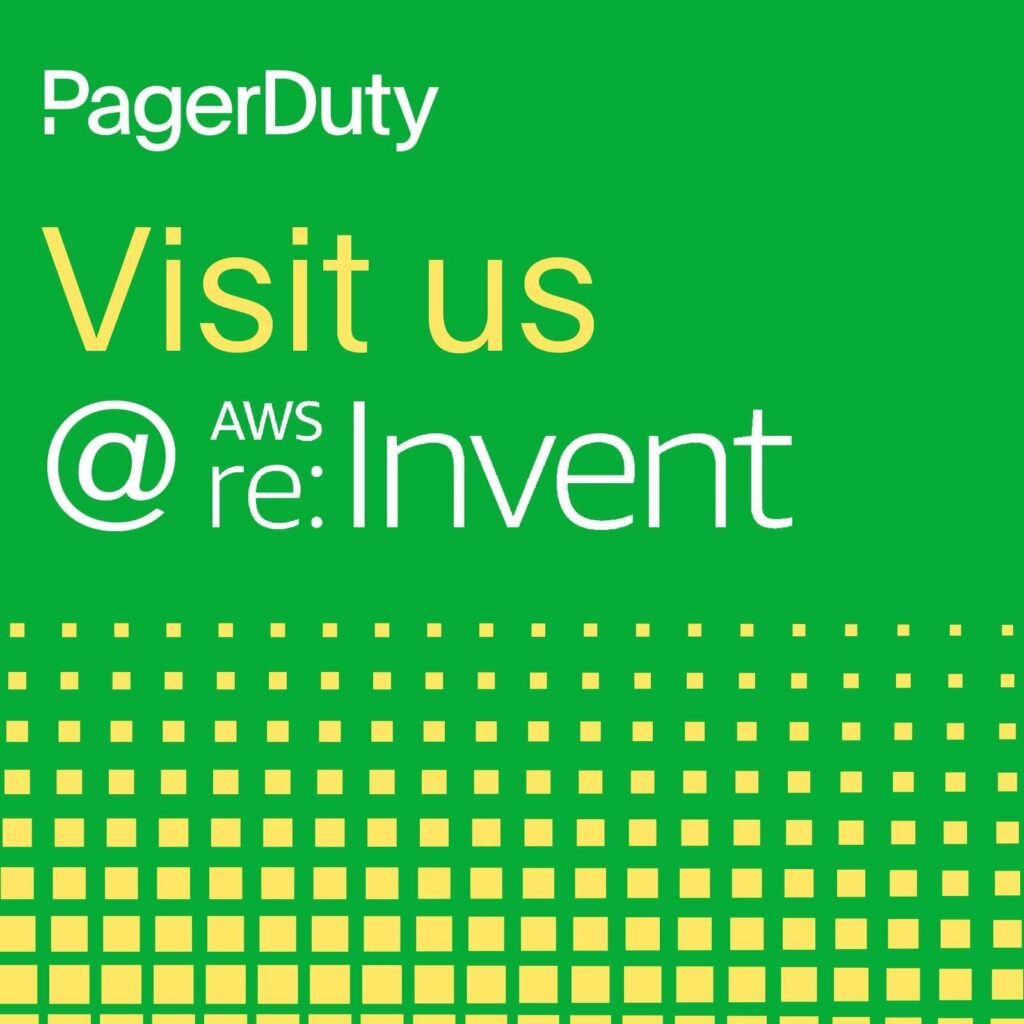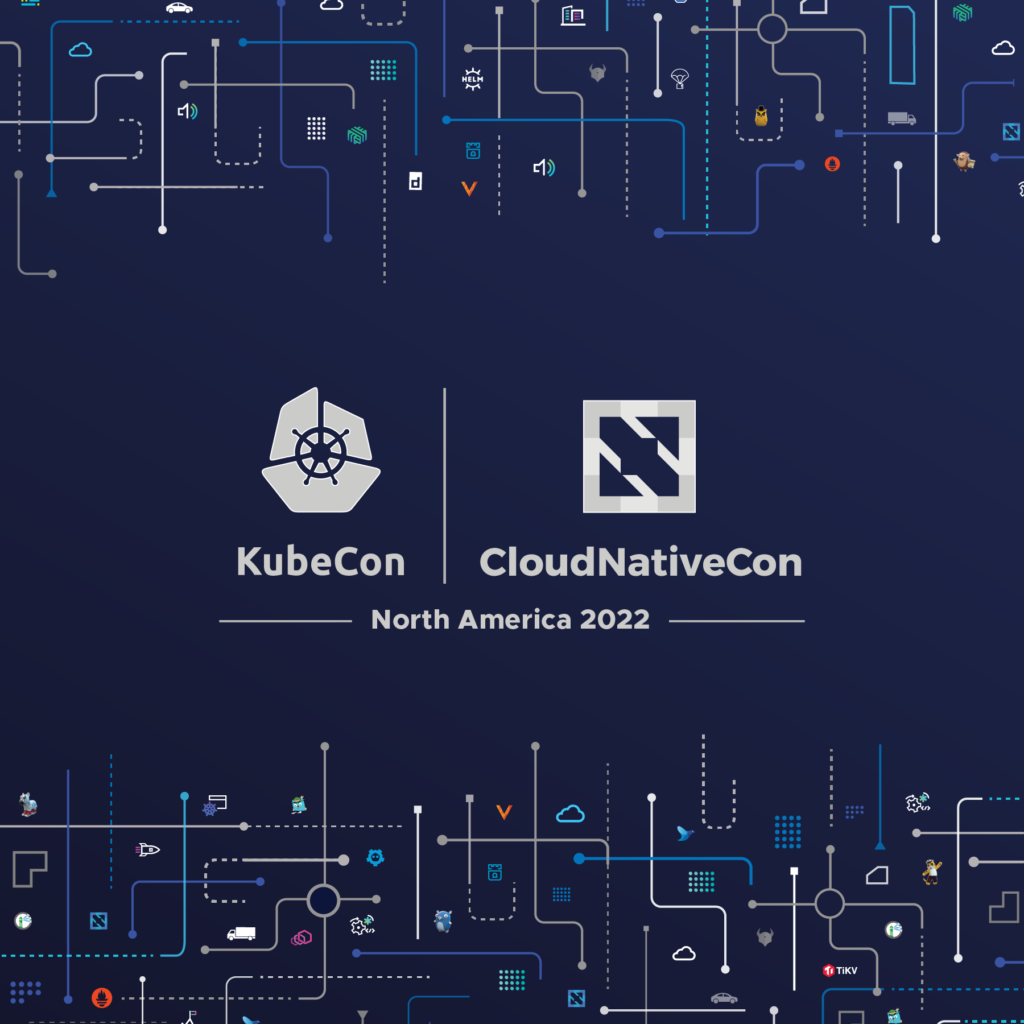Empowering Social Change With Technology
Earlier this month, PagerDuty attended and sponsored Accelerate Good Global (AGG), Fast Forward’s annual summit focused on spotlighting entrepreneurs, technology leaders, and philanthropists in the tech nonprofit industry. Reflecting upon the inspirational sessions attended, moving stories told, and impactful conversations had, there were seven themes that were particularly meaningful to us that we took home from AGG.
1. The Social Impact of Togetherness
The coming together of like-minded professionals in the tech for good space at AGG presented an opportunity to leverage the knowledge of tech nonprofits and corporate partners to accelerate the impact of these organizations. Attendees were part of an intimate, hyper-focused group of professionals striving to make an impact on society by using technology for good. Warm handshakes, conversations of progress, and excitement for what was to come buzzed throughout the halls. As Erin Baudo Felter, Executive Director of Okta for Good, put it: “These are my people.”
2. Channeling Emotion to Create Social Change
Aria Finger, CEO of Dosomething.org, discussed the role of emotions in digital movement building. “Anger in the face of change is totally unsustainable; however, if you use anger as an initial spark and create hope from that anger, you can then create opportunity from that motivation.” Movements are driven by passion and emotion for a particular outcome. In this case, Finger was speaking about the motivations of social change, and how different emotions, when wielded correctly, can create positive outcomes both in the short and long term.
3. Using Volunteerism to Build Critical Empathy
Throughout the event, speakers shared examples that highlighted the mutual benefits of volunteerism for both nonprofits and those who volunteer their skills. Many spoke about volunteerism as empathy in its truest form as it demonstrates the emotional connection between those in challenging situations and those taking action to help, for the benefit of all. Volunteerism is a critical tool for nonprofits to expand their reach across companies, organizations, and the general public. Additionally, it empowers individuals to spread awareness and create emotional connections to something they believe in, which builds empathy toward others.
4. Solving Problems by Being Impact-Curious
When asked about the difference between entrepreneurs in the corporate world and entrepreneurs of tech nonprofits, Kevin Barenblat, Co-Founder and President of Fast Forward explained: “Nonprofit entrepreneurs are usually less attached to the solution they are building and more attached to the core problem they are solving. The [goal] is to solve the problem with a solution, rather than find a market for the product.” At AGG, we heard a lot about being impact-curious, where the focus is about creating interest in how a technology solution can bring social impact rather than purely focusing on product-market fit.
This impact-curiosity allows entrepreneurs to focus on the issue at hand and the individuals affected by a product. Understanding the people impacted by the product is vital to the product’s success and usability; it’s also equally vital in maintaining and expanding social reach to that given group of people. For example, One Degree, a FastForward Accelerator graduate and PagerDuty Impact customer, has four major products focused on connecting low-income families or those who are homeless with social services and other resources they need to help them improve their lives.
5. Creating Change by Building Technology
Over the course of the summit, we heard from nonprofit founders about the values, goals, and aspirations that drove them to build technology for the good of society, including technology that addresses humanitarian issues and fulfills societal needs.
Whether it’s creating a translation platform for refugees in need of humanitarian assistance (Tarjimly), building an internet library with the mission of digitizing the knowledge of the world (Internet Archive, a PagerDuty Impact customer), or helping families get a fresh start on life by providing free financial services (Upsolve), all the stories shared at AGG had one recurring theme: leveraging technology to help people.
6. Using the Power of Digital to Unlock Offline Action
Another constant theme we heard throughout the summit was the power of social media and how it can be used to amplify social impact initiatives and encourage wider audiences to drive change for the better.
Increasing awareness and visibility of their respective missions is a top priority within the tech nonprofit community, and social and digital media are two key conduits for extending that reach. Aria Finger, CEO of DoSomething.org, explained how social platforms are reshaping conversations, creating organic interactions, and driving tangible change in the real world.
Nonprofits like Dosomething.org, a PagerDuty customer since 2016, are utilizing online social behaviors where people feel compelled to help in order to create awareness around real-world social issues and drive offline action via the organization’s digital platform.
7. Measuring Success Through Impact Versus Profit
During AGG, speakers explained the different ways in which they measure the impact a given solution is creating. For nonprofits, success is not measured by the bottom line, but by the impact their product has had in improving or preserving quality of life. Examples include the number of people who were able to successfully apply for food stamps through GetCalFresh (a service that Code for America runs using PagerDuty), and the number of successfully defused self-harm crises within a given month, day, and even hour through platforms including Crisis Text Line or the Trevor Project.
Human metrics like these don’t drive revenue; they drive success from a human wellness perspective, underscoring the point that profit is not the singular impact unit of success. As Tim O’Reilly, Founder of O’Reilly Media, said in his fireside chat: “Optimize for people, not profits.”
The above themes are closely interconnected and, in order to truly accelerate social good, must be put to action simultaneously. The recent AGG summit highlighted ways in which tech nonprofits and the private sector can partner to build stronger communities and help the people who live within them.
PagerDuty is committed to helping nonprofits and social enterprises expand their reach and impact across the communities and causes they serve. We took the 1% Pledge in 2017 to give back, investing 1% each of equity, product, and time to drive positive social impact through PagerDut.org. To learn more and apply for Impact Pricing, please visit PagerDuty.org.


